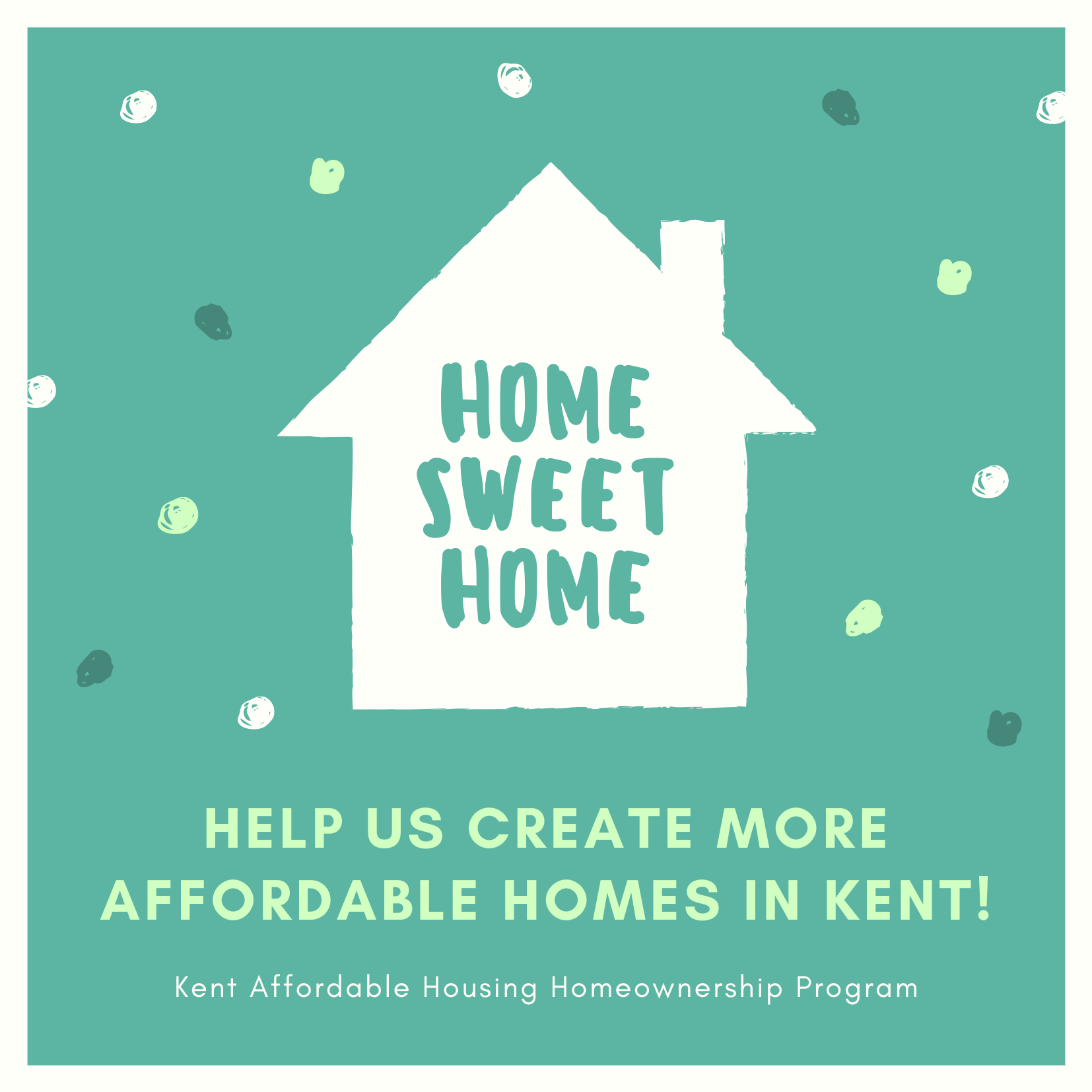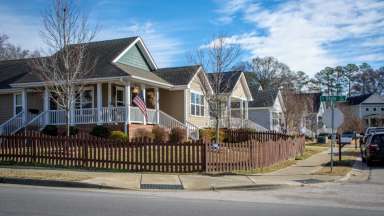Affordable Homeownership Options for First-Time Homebuyers
As the real estate market proceeds to advance, first-time property buyers face distinct difficulties in protecting budget friendly homeownership options. These campaigns not just help with homeownership however additionally foster neighborhood stability and economic development.
Federal Government Aid Programs
Government help programs play a vital function in making homeownership attainable for several individuals and family members. These programs aim to relieve the financial worry related to purchasing a home, specifically for new customers. By offering monetary aid, gives, and tax incentives, government initiatives assist bridge the space between increasing housing costs and the purchasing power of prospective house owners.
Various programs are readily available at the government, state, and regional levels. The Federal Housing Management (FHA) offers insurance policy on finances, permitting lending institutions to provide much more beneficial terms, such as reduced down settlements and reduced rate of interest rates. In addition, state and city governments frequently have their own efforts, which may consist of down payment aid programs, homebuyer education courses, and beneficial home loan terms.
These programs are developed to deal with the distinct challenges encountered by low- to moderate-income families, consisting of restricted savings and credit report. By fostering a setting where homeownership is extra obtainable, entitlement program programs not only sustain specific ambitions however likewise add to area security and economic development. Understanding and using these resources can significantly improve the prospects of successful homeownership.
Low-Down-Payment Home Mortgages
For several aspiring homeowners, low-down-payment mortgages present a feasible pathway to homeownership, specifically in today's challenging housing market. These home loan choices usually call for down repayments ranging from 3% to 5%, making it easier for novice purchasers to get in the marketplace without the problem of saving for a substantial deposit.
Different lenders offer low-down-payment programs, including conventional financings backed by Fannie Mae and Freddie Mac, along with government-backed options like FHA car loans. These mortgages are designed to fit individuals with restricted cost savings while still supplying competitive rate of interest prices. Notably, they allow customers to retain more cash money for various other vital costs, such as relocating prices, home inspections, and prospective improvements.
Nonetheless, prospective property owners need to bear in mind the trade-offs related to low-down-payment home mortgages. A smaller deposit might result in higher month-to-month payments and the need of personal home loan insurance (PMI), which shields lending institutions in case of default. As a result, it is essential for newbie customers to conduct extensive study and consult with home mortgage specialists, ensuring they pick a low-down-payment choice that lines up with their long-lasting monetary goals. Affordable Homeownership.
First-Time Property Buyer Grants
Several newbie homebuyers find that grants can significantly reduce the monetary concern of buying a home, matching low-down-payment mortgage options. These gives, commonly given by state and city governments or non-profit organizations, supply economic support that does not call for settlement, making them an eye-catching alternative for those going into the real estate market.
Qualification for newbie homebuyer gives typically depends upon earnings, creditworthiness, and the acquisition price of the home. Numerous programs are made to help low- to moderate-income family members, making certain that support reaches those that require it review most. The application process commonly includes documents of financial status, property buyer education training courses, and in some cases also a commitment to remain in the home for a particular period.
The amount of support differs commonly, with some grants supplying several thousand dollars to aid cover closing expenses or down repayments. Researching available gives in your area is important, as programs often alter and might have specific requirements. By leveraging these financial resources, novice property buyers can make homeownership a lot more accessible, inevitably attaining pop over to this site their imagine possessing a home while mitigating the preliminary monetary stress.
Ingenious Neighborhood Efforts
Ingenious area campaigns are playing a vital role in broadening budget-friendly homeownership choices for locals. These efforts often involve joint efforts between neighborhood governments, non-profit companies, and personal field stakeholders to produce lasting real estate remedies customized to neighborhood needs.
One significant technique is the establishment of community land counts on (CLTs), which enable locals to acquire homes while the land remains had by the depend on. This model assists keep cost gradually and prevents speculative rate boosts. Additionally, CLTs frequently provide instructional resources and assistance solutions to empower newbie property buyers.
An additional efficient initiative is the advancement of mixed-income housing tasks, which blend budget friendly systems with market-rate homes. This strategy promotes inclusive areas and minimizes the stigma often related to low-income real estate. Local governments are progressively sustaining zoning reforms to promote the building of accessory house systems (ADUs), which can offer extra rental income for house owners while enhancing real estate availability.

Tips for Budgeting and Saving

Next, develop a specialized interest-bearing account specifically for your future home acquisition. Objective to save a percentage of your revenue continually, preferably 20% or more, to construct a significant down repayment. Utilize automation devices, such as direct down payment or these details automatic transfers, to make conserving easier and extra regular.
Additionally, take into consideration adopting the 50/30/20 regulation: designate 50% of your income to needs, 30% to desires, and 20% to financial savings and financial debt settlement - Affordable Homeownership. This approach promotes well balanced monetary health and wellness

Verdict
In summary, inexpensive homeownership choices for novice buyers encompass numerous sources such as federal government support programs, low-down-payment mortgages, and gives. These campaigns not just facilitate entrance right into the real estate market but likewise advertise area stability and financial development. By leveraging these monetary devices, people can browse the complexities of homeownership, eventually adding to a more equitable real estate landscape. Continued assistance and understanding of these programs are crucial for boosting access to homeownership possibilities.
As the housing market proceeds to advance, newbie buyers deal with unique obstacles in safeguarding inexpensive homeownership choices. By cultivating an environment where homeownership is more easily accessible, government aid programs not only sustain individual desires but likewise contribute to neighborhood stability and economic growth. By leveraging these economic sources, novice buyers can make homeownership much more easily accessible, ultimately achieving their dream of having a home while mitigating the preliminary economic stress.
In summary, affordable homeownership choices for newbie homebuyers include numerous sources such as federal government assistance programs, low-down-payment mortgages, and grants. By leveraging these monetary devices, people can navigate the complexities of homeownership, inevitably contributing to a more fair real estate landscape.
Comments on “How to Realize Affordable Homeownership Without Having to Losing Quality”